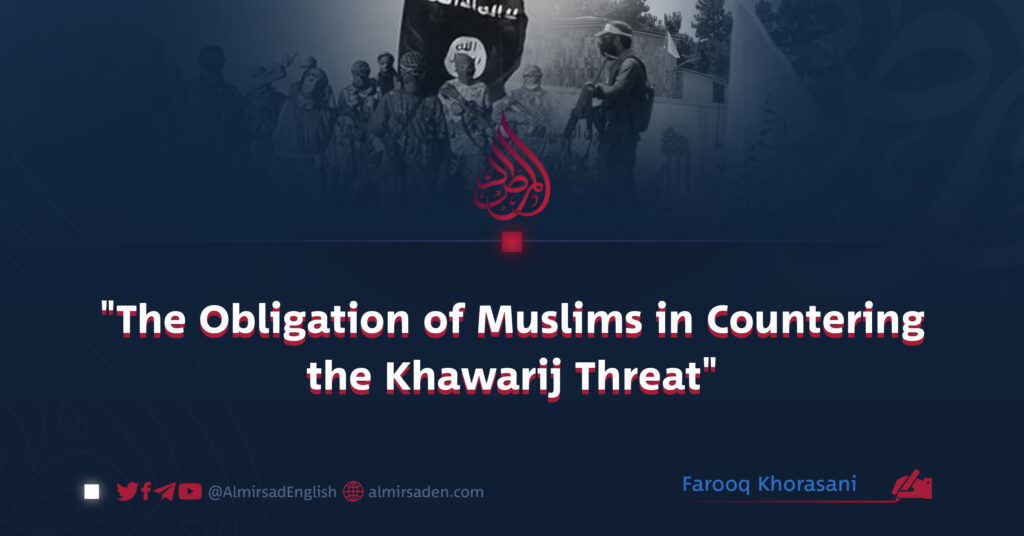Authored by: Farooq Khorasani
The stance of Muslims toward the Khawarij is well-documented in Islamic history and Shariah. The Khawarij were a group that strayed from the true teachings of Islam, promoting extremism and violence.
Islamic teachings unequivocally denounce the Khawarij for their radicalism and violent actions, which are fundamentally opposed to Islamic values.
It is highly improbable that the Khawarij would embrace the true teachings of Islam, as their core beliefs and thought processes were significantly divergent from Islamic guidance. They held extreme, rigid, and militant views, often resorting to violence and severity in their actions, which resulted in the loss of innocent lives.
Throughout Islamic history, Muslims have endeavored to present the Khawarij with moderate and accurate interpretations of Islam. However, the majority of their followers rejected these teachings, as their ideology was deeply entrenched.
The Khawarij considered themselves superior to other Muslims and believed they were the only ones on the right path. They labeled anyone who disagreed with them as outside the fold of Islam.
In response to their extremist ideology and physical threat, Muslims are obligated to take the following steps within the framework of Shariah:
1. Advocating for the Path of Truth:
Muslims are duty-bound to invite the Khawarij to the genuine teachings of Islam, presenting a moderate and balanced perspective with kindness and wisdom. If Allah wills, and they are convinced through knowledge and rational discourse, this would be the optimal resolution.
3. Employing Force as a Last Resort:
This course of action should only be pursued if the Khawarij resort to violence and pose a direct threat to security. This is evident today in Afghanistan, where a faction of the Khawarij (ISIS) has strayed from the truth and unjustly takes the lives of Muslims.
In such circumstances, it becomes the responsibility of every Muslim and the security apparatus of the Islamic system to combat this discord (fitna) to safeguard the security, stability, and unity of Muslims and the Islamic community.
The era of Hazrat Ali (may Allah be pleased with him) serves as a historical example in this regard. When the Khawarij caused strife and initiated conflict, Ali (may Allah be pleased with him) took military action against them to restore order and protect the Muslim community.
The extremist ideologies of the Khawarij foster intolerance, animosity, and radicalism, rather than promoting Islamic ethics and balanced reasoning. If this ideology spreads within society, individuals may deviate from the true essence of the religion and gravitate toward extremism.
Hence, it can be asserted that if the Khawarij remain unchecked, they could inflict substantial harm upon the religious, societal, and intellectual fabric of the Muslim Ummah. Consequently, throughout Islamic history, significant measures have been undertaken to counter the Khawarij in order to safeguard the unity, security, and progress of the Ummah.
